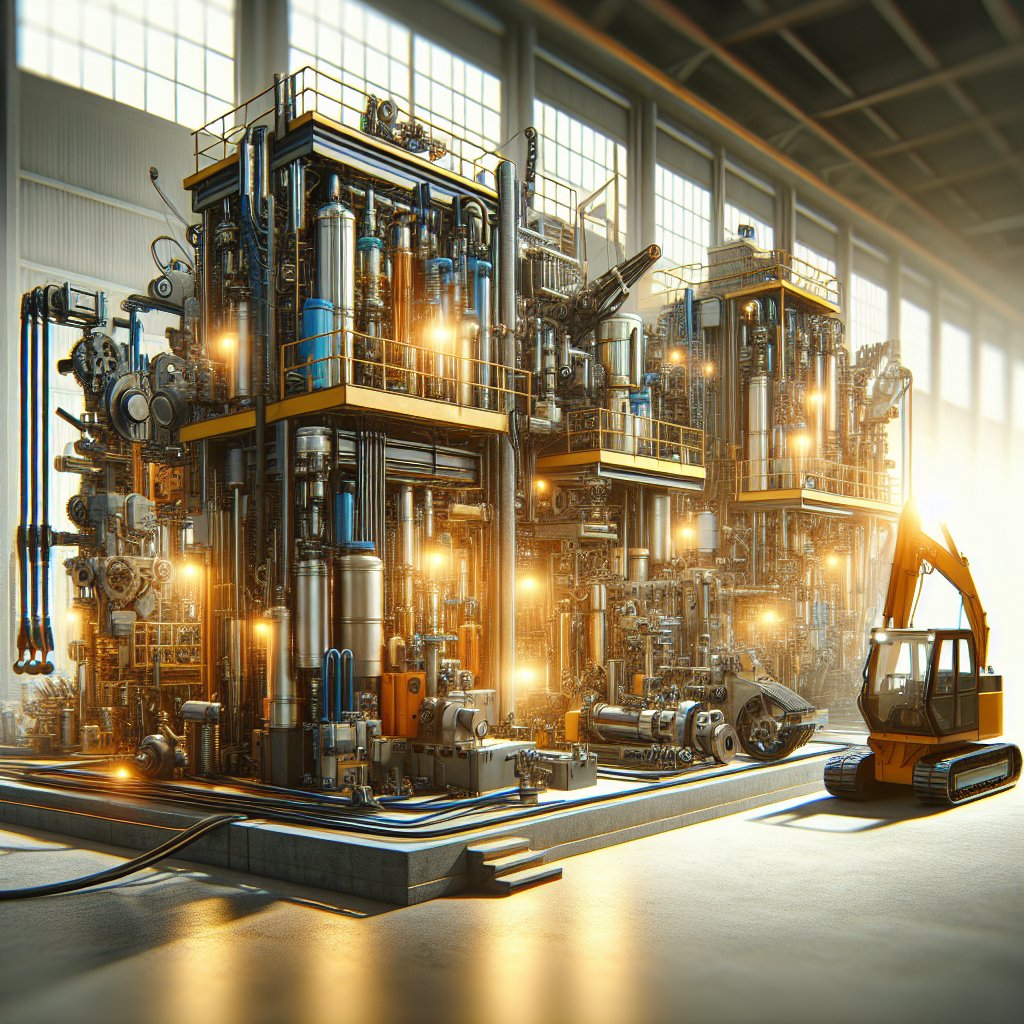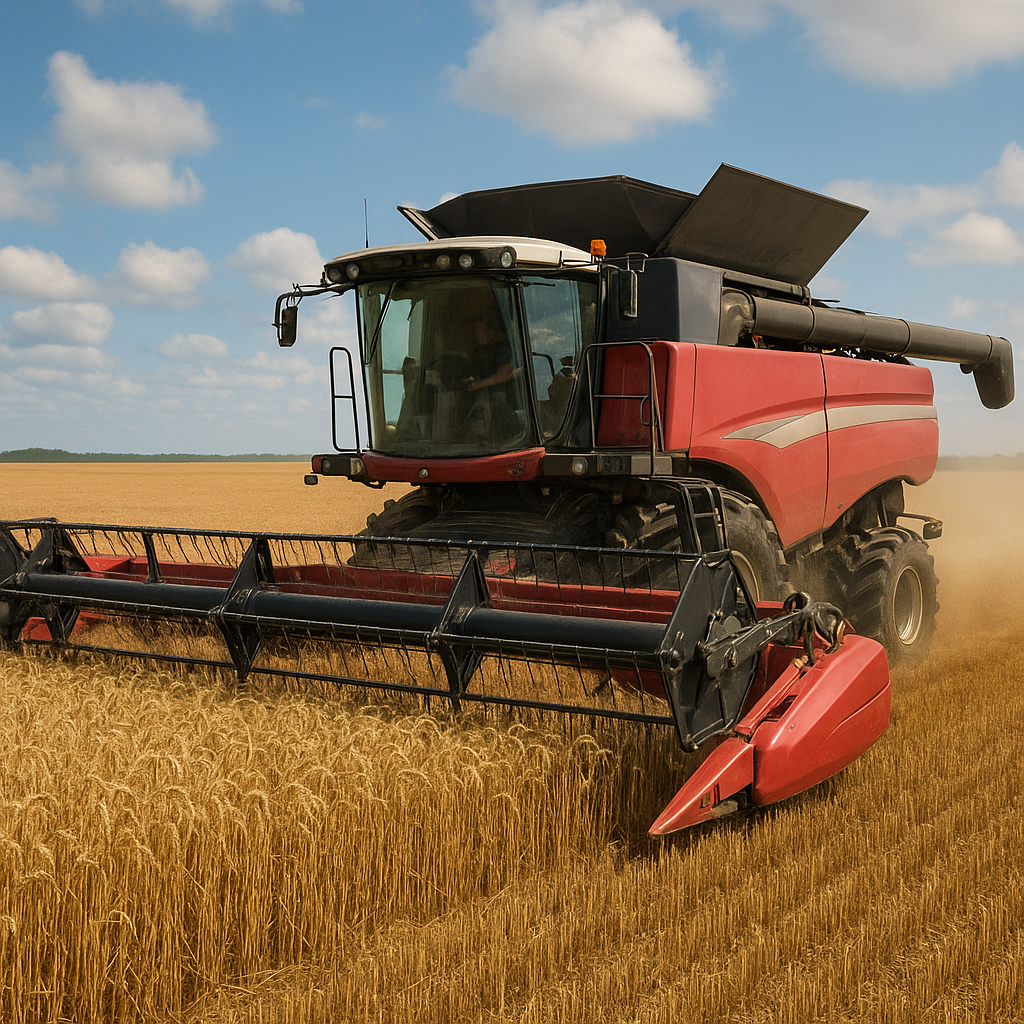
Choosing the right hydraulic power unit (HPU) for your industrial application is a critical decision that can significantly impact the efficiency and productivity of your operations. With a wide range of options available, understanding the key factors that influence the selection process is essential. This article delves into the intricacies of hydraulic power units, providing insights into their components, functionalities, and the criteria to consider when making your choice.
Understanding Hydraulic Power Units
Hydraulic power units are integral components in various industrial applications, providing the necessary power to drive hydraulic machinery. These units consist of several key components, including a motor, a pump, a reservoir, and various control valves. The primary function of an HPU is to convert mechanical energy into hydraulic energy, which is then used to perform work in hydraulic systems.
The motor in a hydraulic power unit is responsible for driving the pump, which in turn generates hydraulic flow. The reservoir stores the hydraulic fluid, ensuring a steady supply to the system. Control valves regulate the flow and pressure of the hydraulic fluid, allowing for precise control of the machinery. Understanding these components and their functions is crucial when selecting an HPU for your specific needs.
Types of Hydraulic Power Units
There are several types of hydraulic power units, each designed for specific applications and operational requirements. The most common types include:
- Standard Hydraulic Power Units: These are versatile and can be used in a wide range of applications. They are typically pre-engineered and come in various sizes and configurations.
- Custom Hydraulic Power Units: Designed for specific applications, these units are tailored to meet unique operational requirements. They offer flexibility in terms of design and functionality.
- Mini Hydraulic Power Units: Compact and lightweight, these units are ideal for applications with space constraints. They are commonly used in mobile equipment and small machinery.
- Micro Hydraulic Power Units: Even smaller than mini units, micro HPUs are used in applications requiring minimal power and space, such as medical devices and robotics.
Key Considerations for Selecting a Hydraulic Power Unit
When choosing a hydraulic power unit, several factors must be considered to ensure optimal performance and efficiency. These include:
Application Requirements
The first step in selecting an HPU is to understand the specific requirements of your application. Consider the type of machinery you are powering, the load it will handle, and the operational environment. This information will help determine the necessary power output, flow rate, and pressure capacity of the unit.
Power Source
Hydraulic power units can be powered by electric motors, internal combustion engines, or even renewable energy sources. The choice of power source depends on factors such as availability, cost, and environmental considerations. Electric motors are commonly used in stationary applications, while internal combustion engines are preferred for mobile or remote operations.
Size and Space Constraints
The physical size of the HPU is an important consideration, especially in applications with limited space. Mini and micro hydraulic power units are ideal for compact installations, while larger units may be necessary for high-power applications. Ensure that the chosen unit fits within the available space without compromising performance.
Efficiency and Energy Consumption
Efficiency is a critical factor in the selection of a hydraulic power unit. An efficient HPU will consume less energy, reducing operational costs and environmental impact. Look for units with high-efficiency motors and pumps, as well as advanced control systems that optimize performance.
Maintenance and Serviceability
Regular maintenance is essential to ensure the longevity and reliability of a hydraulic power unit. Consider the ease of access to components for maintenance and repairs. Units with modular designs and readily available spare parts can minimize downtime and maintenance costs.
Conclusion
Choosing the right hydraulic power unit for your industrial application requires careful consideration of various factors, including application requirements, power source, size constraints, efficiency, and maintenance needs. By understanding the components and functionalities of HPUs, as well as the specific demands of your operation, you can make an informed decision that enhances the performance and productivity of your machinery. Investing time and effort in selecting the appropriate HPU will pay off in the long run, ensuring smooth and efficient operations in your industrial setting.

